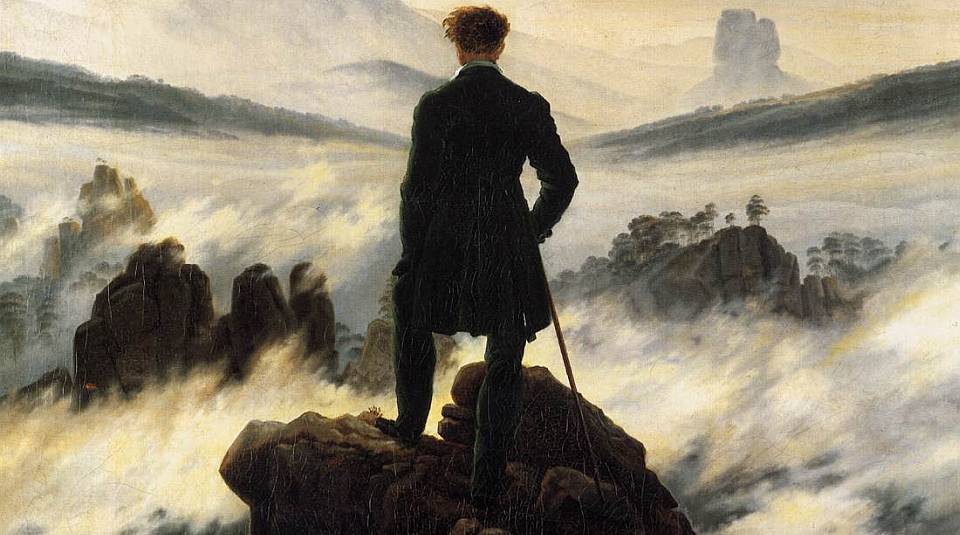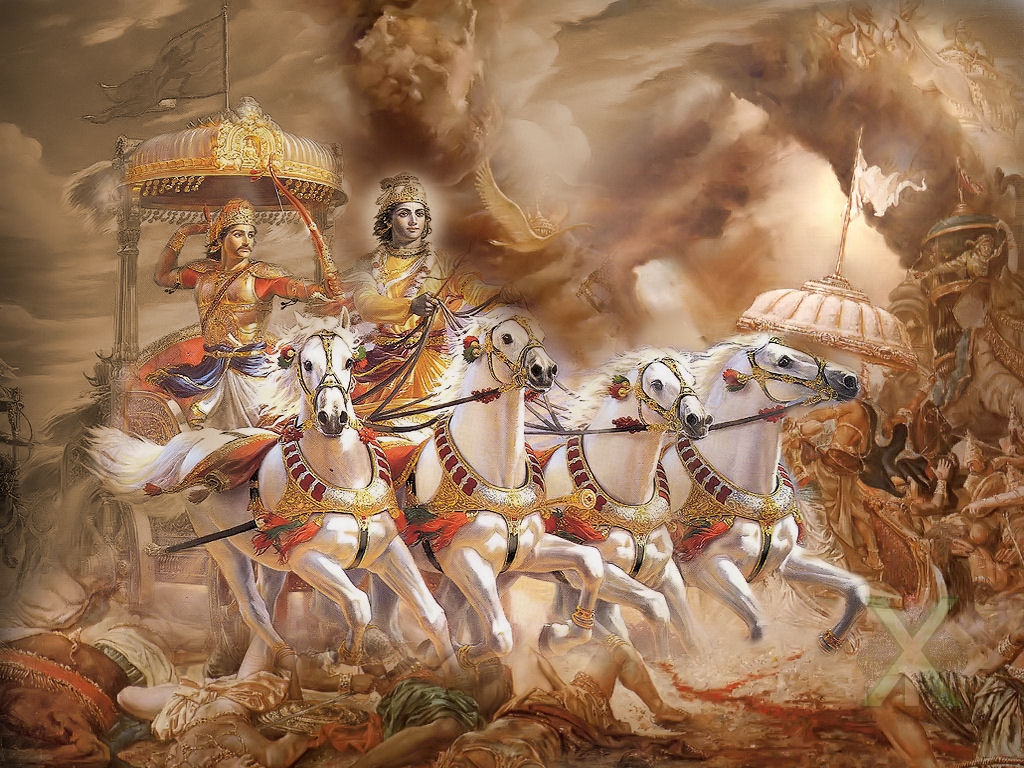Individualists put the individual above the State and society. To their mind a society is nothing more than a very large group of individuals and does not have any interests other than the interests of the members it is comprised of. A society cannot act on its own. All that is done in the name of the society or State or government is done by the individuals because all actions are intentional and only individuals are capable of acting intentionally. Therefore, society and State exist for the individuals and not the other way round, which makes it imperative that the needs, desires and happiness of the individuals are considered of paramount importance. It is the individual goals that are worth being pursued, and the pursuit of collective goals is nothing but an attempt at establishing a totalitarian regime. Individualism is, therefore, dead against collectivism, and frowns upon anything that is done purportedly for the ‘greater common good’. Ayn Rand, renowned individualist and the founder of Objectivism remarks, “There can be no such thing, in law or in morality, as actions forbidden to an individual, but permitted to a mob.”
Explaining individualism, Ayn Rand says:
Individualism regards man – every man – as an independent, sovereign entity who possesses an inalienable right to his own life, a right derived from his nature as a rational being. Individualism holds that a civilized society, or any form of association, cooperation or peaceful co-existence among men, can be achieved only on the basis of the recognition of individual rights – and that a group, as such, has no rights other than the individual rights of its members.
Individualism, therefore, does not take upon itself to define what is good life and how a person should live. It trusts the individual to determine it on his or her own and live accordingly. The pursuit of happiness is considered to be the noblest pursuit and whatever gives one happiness without trampling upon anybody else’s happiness is the worthiest pursuit.
Individualism does not believe in self-sacrifice of any kind for the sake of the society. So, the only interest worth pursuing is self-interest. Therefore, one cannot be forced to let go of anything for the sake of ‘greater common good’.
However, this does not mean individualists do not recognize the importance of respecting the rights of others or the significance of allowing the community to take all necessary action to preserve the rights of its individual members. After all, absolute freedom to all to do anything they wish would translate into the complete obliteration of all freedom. Shawn E. Klein says:
 The foundation of individualism lies in one’s moral right to pursue one’s own happiness. This pursuit requires a large amount of independence, initiative, and self-responsibility. But true individualism entails cooperating with others through trade, which facilitates the pursuit of each party’s happiness, and which is carried out not just on the level of goods but on the level of knowledge and friendship. Trade is essential for life; it provides one with many of the goods and values one’s needs. Creating an environment where trade flourishes is of great importance and great interest for the individualist.
The foundation of individualism lies in one’s moral right to pursue one’s own happiness. This pursuit requires a large amount of independence, initiative, and self-responsibility. But true individualism entails cooperating with others through trade, which facilitates the pursuit of each party’s happiness, and which is carried out not just on the level of goods but on the level of knowledge and friendship. Trade is essential for life; it provides one with many of the goods and values one’s needs. Creating an environment where trade flourishes is of great importance and great interest for the individualist.
Politically, true individualism means recognizing that one has a right to his own life and happiness. But it also means uniting with other citizens to preserve and defend the institutions that protect that right.
It is, therefore, clear that individualists are alive to the fact that they would need the community to protect individual rights. However, individualists refuse to accept that individuals collectively have a goal to achieve anything other than their respective happiness or whatever pursuit they wish to devote themselves to. Ayn Rand forcefully argues:
The right to the pursuit of happiness means man’s right to live for himself, to choose what constitutes his own, private, personal happiness and to work for its achievement. Each individual is the sole and final judge in this choice. A man’s happiness cannot be prescribed to him by another man or by any number of other men. … These rights are the unconditional, personal, private, individual possession of every man, granted to him by the fact of his birth and requiring no other sanction.
 Individualists are forever fearful that agreeing to a collective effort in pursuance of a common objective would lead to a dictatorial regime. And their fear is not without reason. A dictator certainly needs to justify his authority to make decisions on behalf of a large populace and he would invariably use ‘common objective’ as a justification. Naturally, a totalitarian ruler would claim the supremacy of the collective over the individual because that gives him the authority to rule. He would sing the glory and dignity of the people without according due respect to the individual rights of those who form the collective body he purportedly stands for. Hitler said:
Individualists are forever fearful that agreeing to a collective effort in pursuance of a common objective would lead to a dictatorial regime. And their fear is not without reason. A dictator certainly needs to justify his authority to make decisions on behalf of a large populace and he would invariably use ‘common objective’ as a justification. Naturally, a totalitarian ruler would claim the supremacy of the collective over the individual because that gives him the authority to rule. He would sing the glory and dignity of the people without according due respect to the individual rights of those who form the collective body he purportedly stands for. Hitler said:
The unity of a nation’s spirit and will are worth far more than the freedom of the spirit and will of an individual; and that the higher interests involved in the life of the whole must here set the limits and lay down the duties of the interests of the individual. …we understand only the individual’s capacity to make sacrifices for the community, for his fellow men.
So, the individualists’ fear of the language of ‘greater common good’ is well founded. Individualists would, therefore, allow the State to regulate and take care of the law and order only so far and so long as doing so does not in any way violate or interfere with their liberties.
Individualists are also wary of democracy without a special protection to the basic individual rights so that majority could not take away or curtail the rights of the minority. If the majority is allowed a say in matters of basic individual rights, there is always a possibility of the majority rule turning into an authoritarian regime. It is simply about not allowing a group, howsoever small or large, to undermine the basic rights of an individual. An individual is, after all, the smallest possible minority. It is possible for the government to argue that certain rights of certain individuals need to be curtailed in the interests of the freedom of others or to maintain law and order. This again is the same as arguing ‘greater common good’. But then, individualists are also conscious of the fact that every now and then freedom of certain individuals might have to be limited or withdrawn in the interest of freedom itself. However, individualists do not grant the State absolute authority to do so and make it answerable to the laws that stand in the way of abuse. Therefore, everybody who is authorized to use power is accountable for it, and abuse of power is visited by serious consequences.
Originally published as part of Thinkers and Theory series in Lawyers Update in October 2010.






